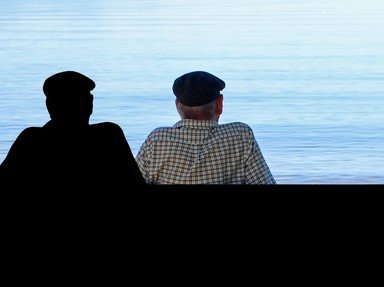
Napoleon's Contemporaries Trivia Quiz
Napoleon Bonaparte has exerted much influence on French and world history. Here are some of the contemporaries of Napoleon. What do you know about them?
A matching quiz
by JanIQ.
Estimated time: 3 mins.
- Home
- »
- Quizzes
- »
- People Trivia
- »
- In Common